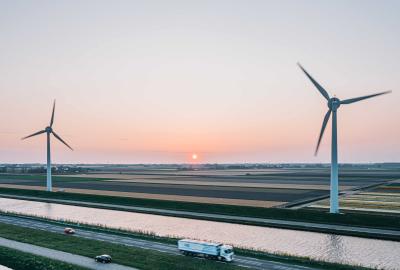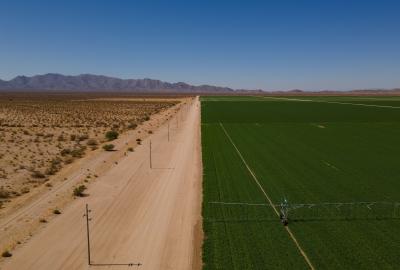Will Mexico’s next president, Claudia Sheinbaum, be a climate champion?
In June, Mexico elected its first female president, Claudia Sheinbaum. The former mayor of Mexico City has a track record of supporting sustainability initiatives, a doctorate in energy engineering and served on the Intergovernmental Panel on Climate Change, the U.N.’s top group of experts on climate change.
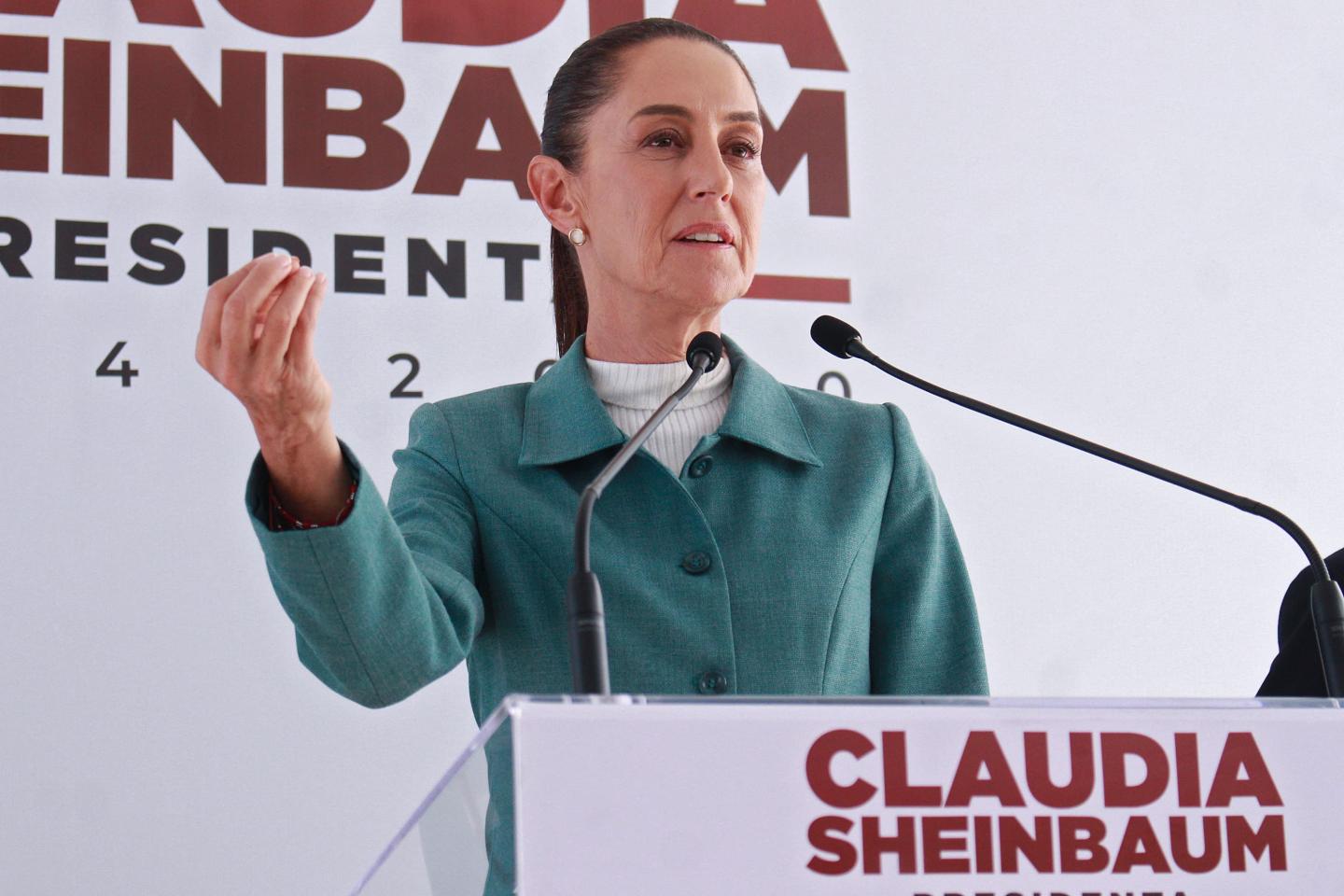
Sergio Sánchez, who leads Environmental Defense Fund's clean air efforts across Latin America and the Caribbean, has worked alongside Sheinbaum to combat air pollution and fight climate change for the last 25 years.
He answers our questions about the state of the region’s environmental efforts now that Sheinbaum is poised to lead one of Latin America’s most populous countries.
Given her background, Sheinbaum understands the climate crisis. What do you think her victory means for environmental efforts in the region?
Claudia Sheinbaum's recent victory in Mexico's presidential election brings a renewed opportunity to boost climate and clean air action. That’s important because Mexico’s leadership is crucial for progress across Latin America and the Caribbean, one of the most vulnerable regions to the impacts of climate change, and where more than 500 million people breathe unhealthy air.
What makes Latin America's pollution problems unique?
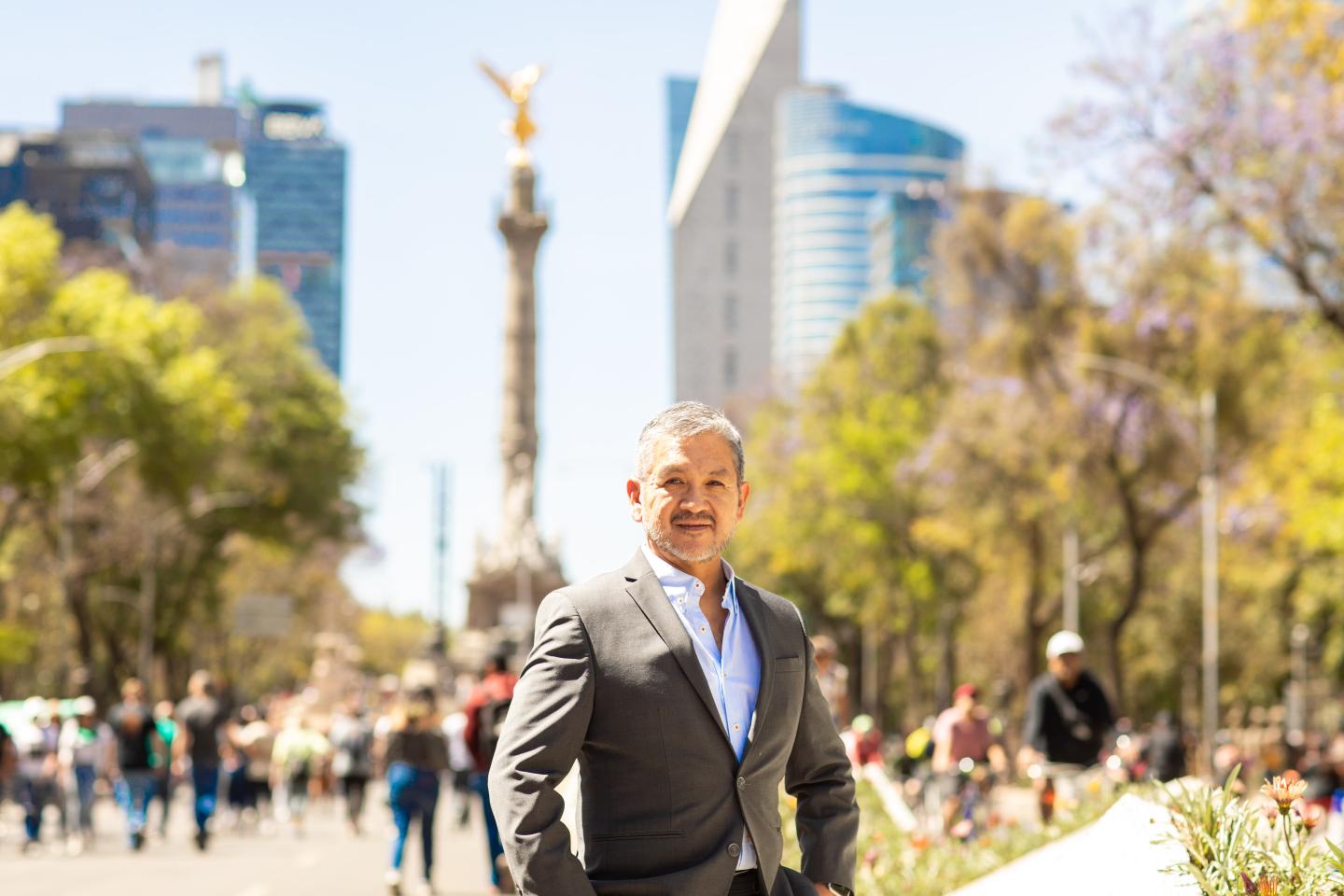
Around 80% of Latin America’s population lives in urban areas. And because pollution in those cities is high, it means that millions of people are breathing air that exceeds the World Health Organization's guidelines for pollutants like soot, ground-level ozone and nitrogen dioxide. That exposes them to health problems ranging from asthma to cancer.
While this is a major problem, it also presents a significant opportunity because implementing key changes in critical sectors such as transport, energy and agriculture could vastly improve air quality, benefitting the health and welfare of millions while contributing to the fight against climate change.
What kinds of changes?
Cutting pollution from transportation through strong regulations and incentives that encourage electric vehicles are among the fastest routes to improving air quality while also reducing planet-warming greenhouse gases.
But to do this, countries and cities need bold political will along with technical assistance, funding and investments.
That’s why EDF has partnered with the United Nations Environment Programme (UNEP), the Climate and Clean Air Coalition (CCAC) and other partners to raise the profile of air quality issues, expand regional cooperation, and assist governments in accessing the necessary resources. Our collaborative efforts aim to develop clean air solutions across 33 Latin American and Caribbean countries over the next few years.
Do you think Sheinbaum’s leadership will help advance your work?
Her leadership offers a chance to not only tackle climate change, but improve public health and create green jobs. My hope is that she seizes this opportunity, and emerges as a bold champion in environmental efforts, inspiring global action.
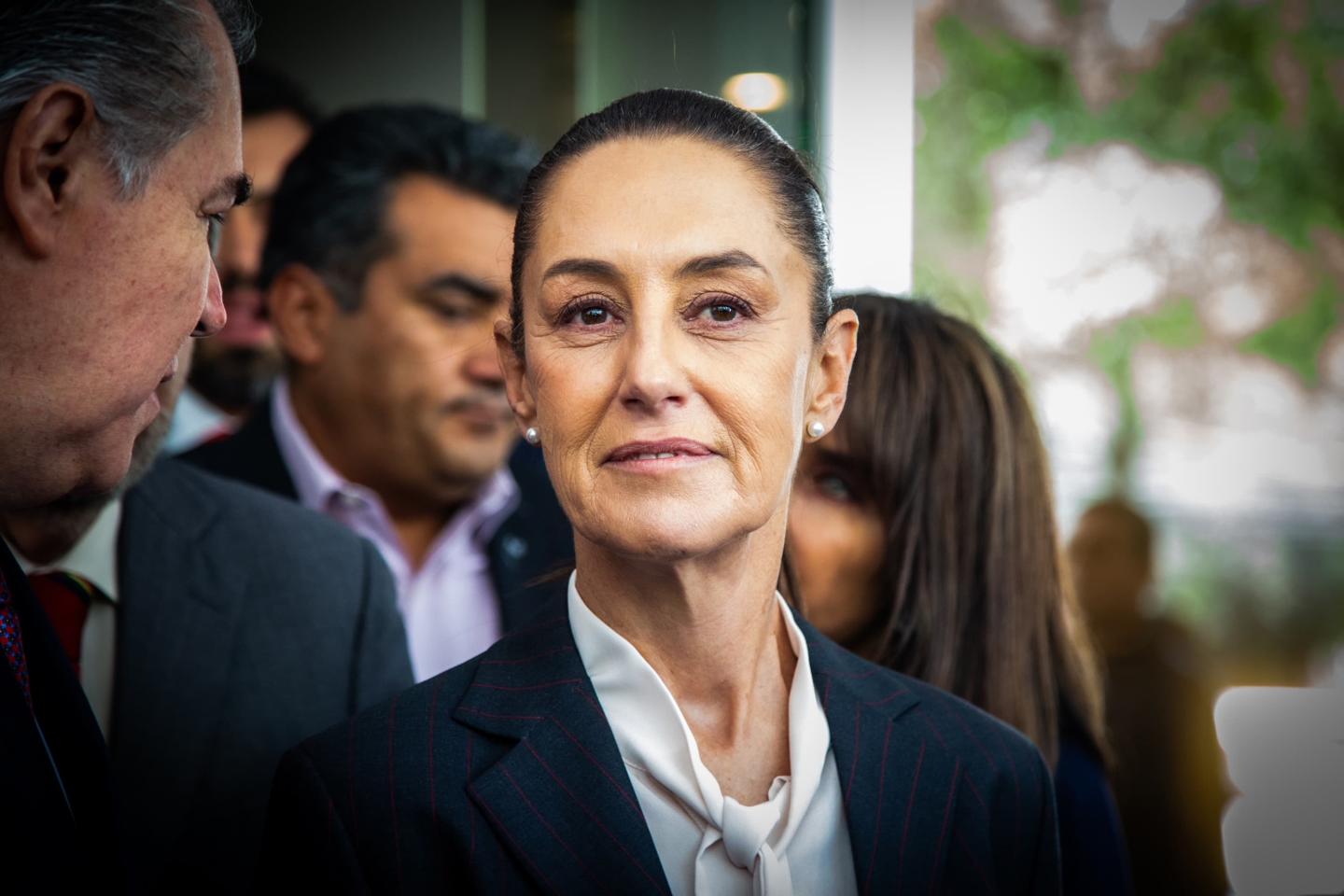
Within Mexico, her leadership will be essential to fulfilling our international climate commitments, including the improvement and enforcement of the country’s methane regulations for the oil and gas industry. Methane, the main component of natural gas, has 80 times the warming power of carbon dioxide over the short-term, so it’s critical that we cut methane emissions now.
Also, over the last year, EDF has been collaborating with Brazil, the largest economy in the region, to carry out their newly adopted national policy on air quality. With Sheinbaum’s election, there’s now a significant opportunity to enhance the leadership of the two major economies in Latin America, Brazil and Mexico, and to reinvigorate climate and clean air action at the regional level.
